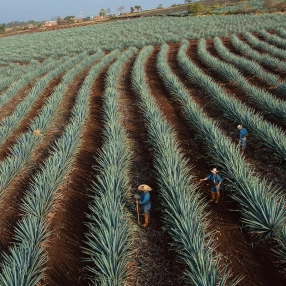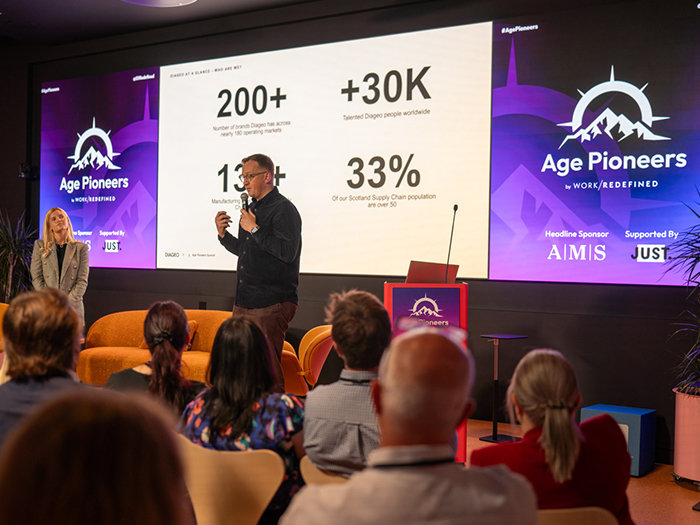We’re a global leader in premium drinks, the most exciting consumer products space.
Diageo, along with its Tequila brands Don Julio, Casamigos and DeLeon, has announced that it will invest 100 million pesos (£4.6 million) in water preservation schemes in Mexico, in the State of Jalisco. The investment is part of the company’s target to replenish more than 100% of the water used in its operations in water stressed areas by the end of 2025.
Diageo will use the investment to fund six projects throughout 2024 that will benefit communities in three towns across the state of Jalisco by improving water quality through wastewater treatment and increasing the access to water for those who live nearby.
Diageo completed the first project of this funding earlier in August this year by building two artificial wetlands and a 10,000 tree municipal nursery in the San Diego de Alejandría township. This was led by Diageo's Don Julio Tequila brand and has contributed to the community’s environmental development.
The artificial wetlands are expected to clean 268 million litres of wastewater and to improve the quality of irrigation in the area for local farmers to grow more crops for the local residents. Diageo is also investing in collective action to preserve priority water basins, including the Lerma-Chapala-Santiago basin.
Alan Loredo, Corporate Relations Director for Mexico and Tequila, said: “As leaders in tequila and in the spirits industry, we have an environmental and social responsibility that we bring to life in each of the actions we take to protect the resources upon which life depends and to promote the prosperity of the communities in which we operate. The 100 million pesos investment will focus on projects oriented towards preservation and access to water across the next two years, a crucial step towards achieving our sustainability objectives and contributing to mitigate climate change.”
The current projects have been delivered in collaboration with multiple businesses and partner organisations to address systemic water security problems.
Read more about Diageo’s ESG goals and action.




















